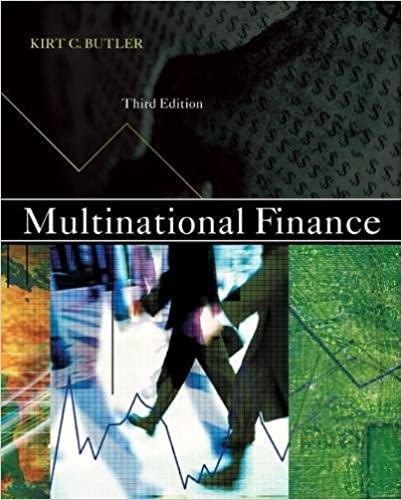Question
Since the outbreak of COVID-19, the real estate industry, known for its high leverage and high turnover, has faced various strategic and operational risks. FRSI
Since the outbreak of COVID-19, the real estate industry, known for its "high leverage and high turnover", has faced various strategic and operational risks. FRSI Properties Bhd. (FRSI) is no exception. According to the auditor's report, the main source of the problem is a lack of financial analysis and ignorance of capital budgeting issues. To address these issues, the FRSI founders created a Finance Committee to oversee FRSI's financial analysis. Committee members, newcomers with diverse financial backgrounds, decided to thoroughly analyze each proposed project.
FRSI is considering the following 15-year RM5,000,000 long-term property development projects. Since the committee considered 15 years to be a considerable amount of time, it made subjective risk assessments of each project and concluded that both projects have risk characteristics that are similar to the firms average project. The required rate of return is 15%.
LAKESIDE PROJECT TEMPLER PROJECT Initial Outlay (RM5,000,000) (RM5,000,000) Inflow year 1 400,000 900,000 Inflow year 2 800,000 900,000 Inflow year 3 500,000 900,000 Inflow year 4 500,000 900,000 Inflow year 5 700,000 900,000 Inflow year 6 400,000 900,000 Inflow year 7 750,000 900,000 Inflow year 8 1,020,000 900,000 Inflow year 9 1,090,000 900,000 Inflow year 10 1,300,000 900,000 Inflow year 11 1,500,000 900,000 Inflow year 12 5,500,000 900,000 Inflow year 13 750,000 900,000 Inflow year 14 790,000 900,000 Inflow year 15 1,000,000 900,000
As a member of the Finance Committee, you need to analyze both investments against all possible criteria and prepare the investment appraisal report for Lakeside Project and Templer Project. Your report must include the following instructions to determine whether one or both projects should be accepted:
A). Determine the profitability index (PI) for each of these projects. Should either project be accepted? Would you expect the NPV and PI methods to give consistent accept/reject decisions? Why or why not?
B). Define the term internal rate of return (IRR). Determine the IRR for each project. What is the logic behind the IRR method? According to IRR, which project(s) should be accepted if they are independent? Mutually exclusive? Would the projects IRRs change if the required rate of return changed?
C). What reinvestment rate assumptions are implicitly made by the NPV and IRR methods? Which one is better? Relate your answers with the concept of maximizing shareholders wealth.
D). The founders of FRSR are not entirely satisfied with the risk assessment policy, arguing that the company is now too strict about investing and could lose potential clients. Explain which factors can facilitate these processes.
Step by Step Solution
There are 3 Steps involved in it
Step: 1

Get Instant Access to Expert-Tailored Solutions
See step-by-step solutions with expert insights and AI powered tools for academic success
Step: 2

Step: 3

Ace Your Homework with AI
Get the answers you need in no time with our AI-driven, step-by-step assistance
Get Started


